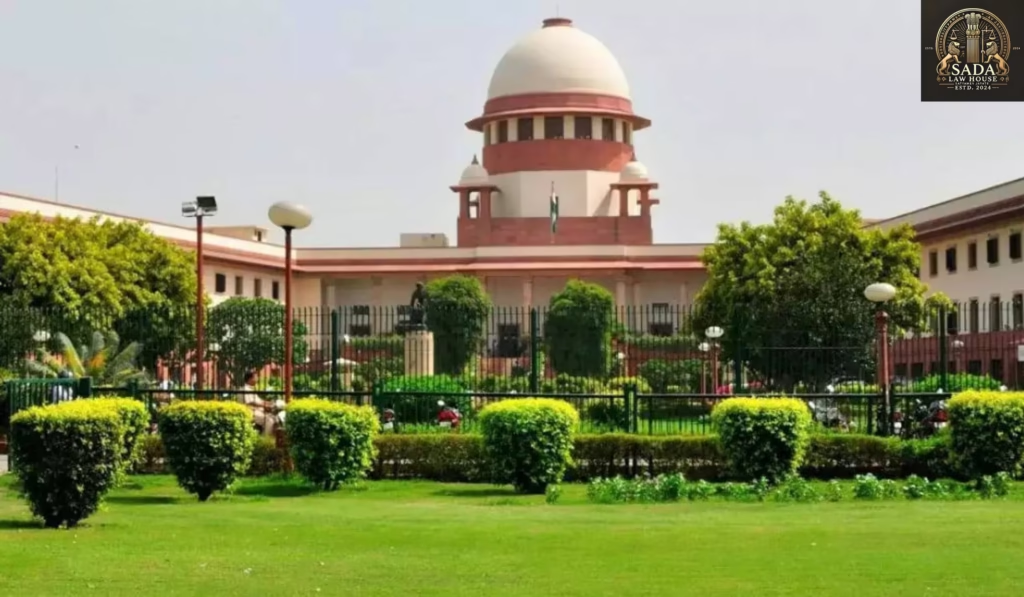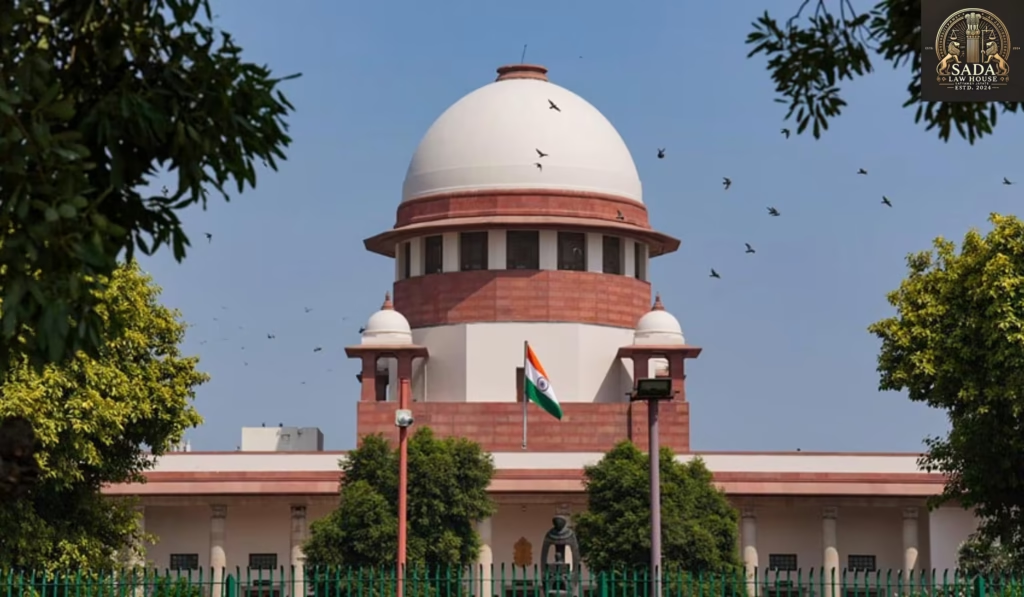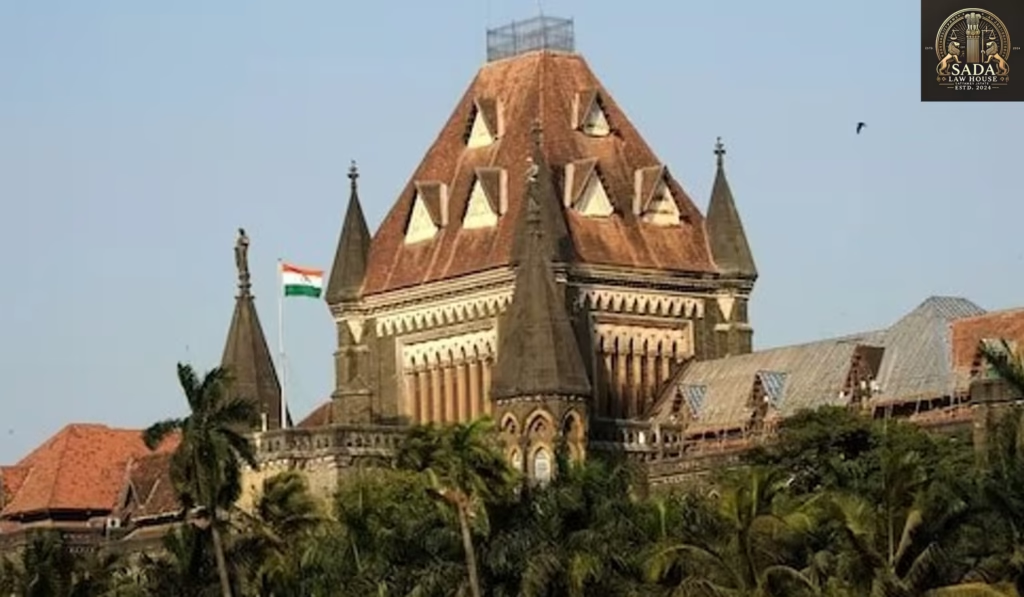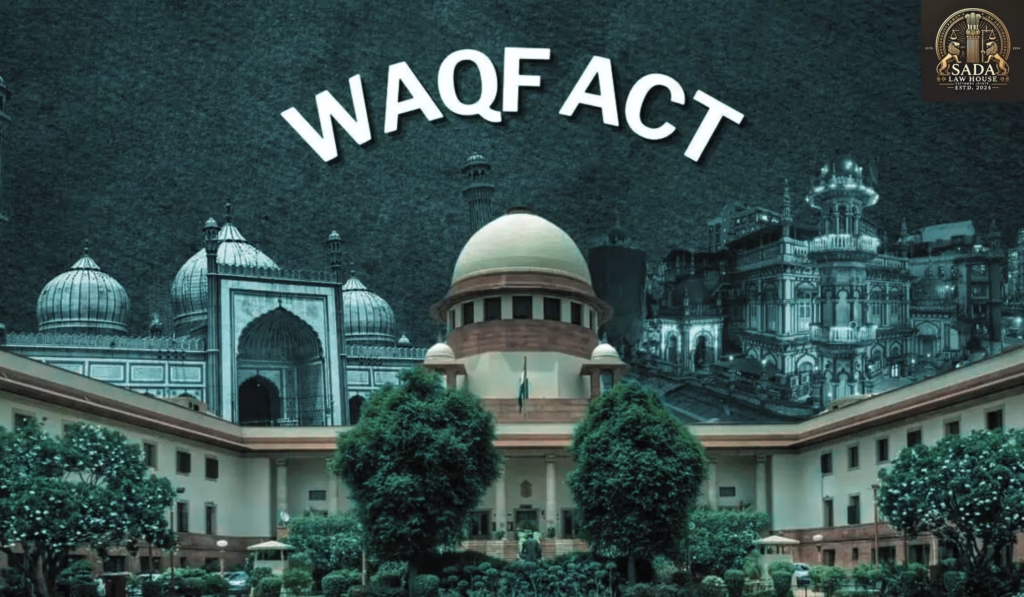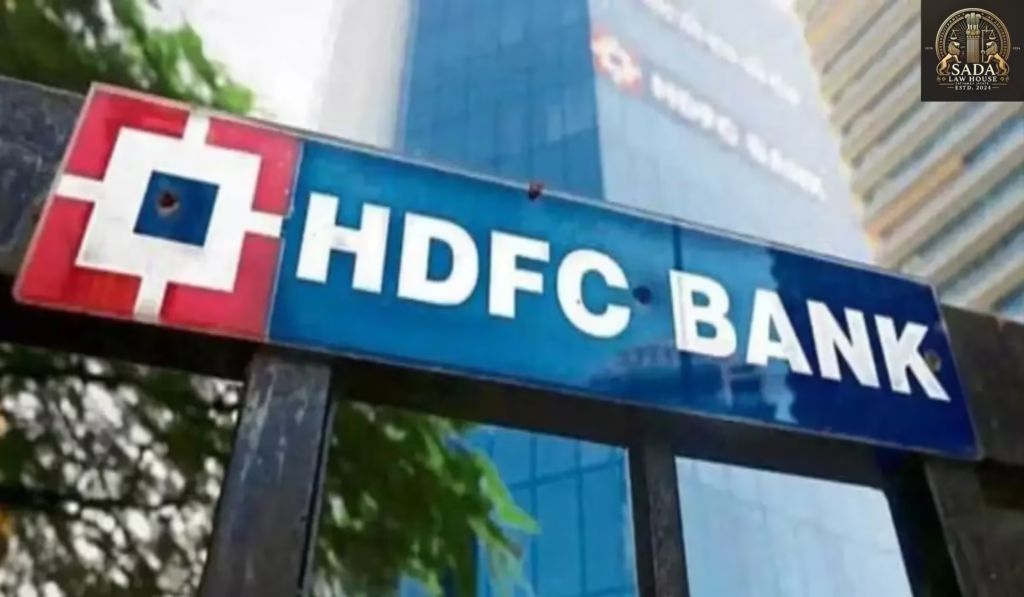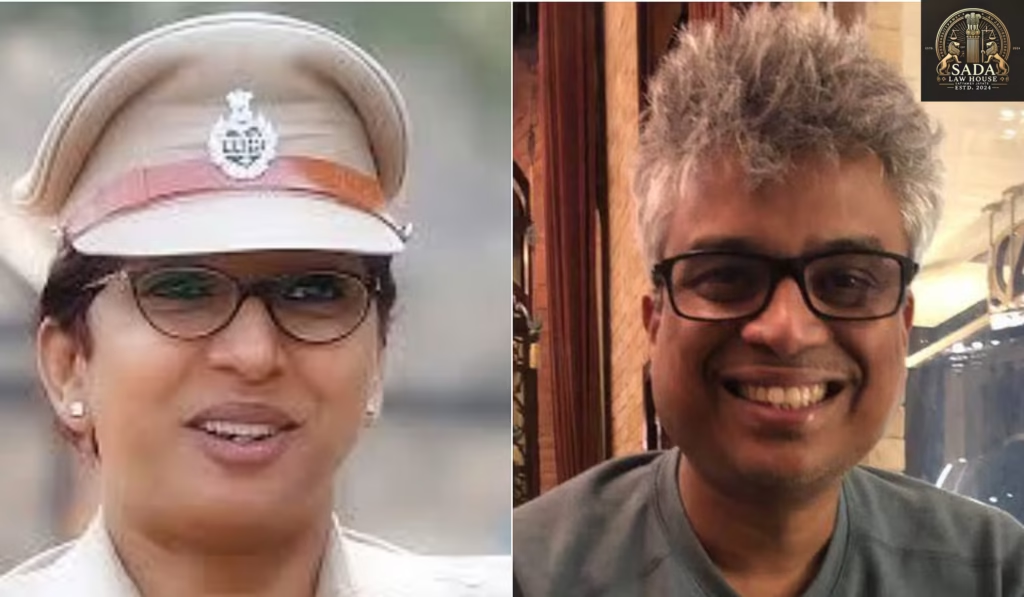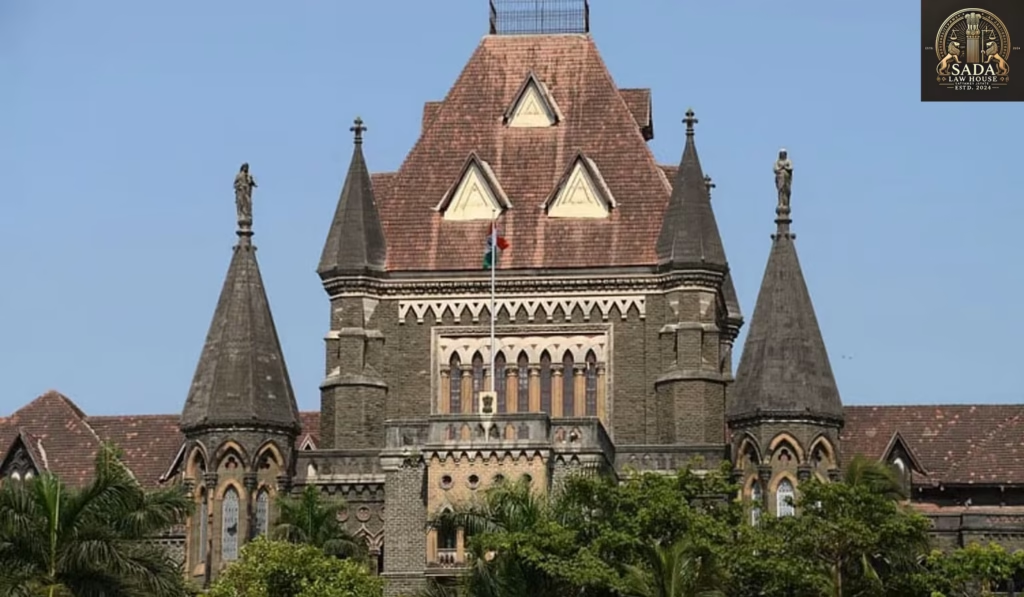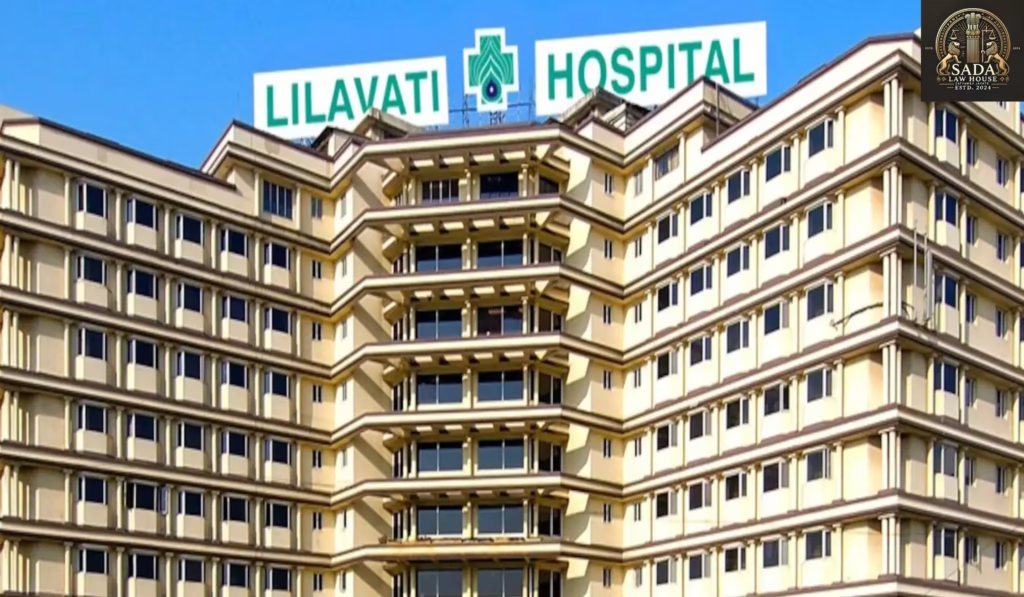Supreme Court Petition Seeks Immediate Suspension of Air India’s Boeing Fleet Over Safety Concerns
Trending Today Supreme Court Petition Seeks Immediate Suspension of Air India’s Boeing Fleet Over Safety Concerns Supreme Court Refuses Urgent Listing of Hany Babu’s Bail Clarification Plea in Bhima Koregaon Case Supreme Court Clarifies Azure–PPL Copyright Stay: No Impact on Third Parties Bombay High Court Quashes 306 IPC FIR in Loan-Linked Suicide Case, Cites Lack of Instigation Punjab–Haryana High Court Rejects PIL Against Online Betting Ads, Citing Statutory Remedies Under Gambling Law Supreme Court Reserves Interim Order on Waqf (Amendment) Act, 2025: Key Legal and Constitutional Highlights HDFC Bank CEO Sashidhar Jagdishan Moves Bombay HC to Quash FIR in ₹2 Crore Bribery Case Filed by Lilavati Trust IPS Officer’s Husband Arrested in ₹7.2 Crore BMC Redevelopment Scam: Mumbai EOW Crackdown Sparks Integrity Debate Bombay High Court Orders Strict Action Against Illegal Occupants in MHADA Transit Homes Ex-Lilavati Hospital Trustee Chetan Mehta Seeks Bombay High Court Relief in ₹1,243 Crore Fraud Case Supreme Court Petition Seeks Immediate Suspension of Air India’s Boeing Fleet Over Safety Concerns PRABHAT KUMAR BITLORIA 25 June 2025 A Public Interest Litigation (PIL) filed in the Supreme Court urges the immediate suspension of Air India’s Boeing fleet following a tragic crash and multiple safety concerns. The case highlights maintenance lapses, fake audits, and ongoing service issues despite Tata Group ownership. Supreme Court PIL Seeks Suspension of Air India Boeing Fleet After Fatal Crash On June 24, 2025, the Supreme Court of India received a Public Interest Litigation (PIL) demanding the immediate suspension of all Boeing aircraft operated by Air India. The plea follows a devastating Air India crash en route from Ahmedabad to London that killed 241 passengers and crew members, along with 29 people on the ground. Crash Triggers Public Outcry and Legal Action The petition was filed by advocate Ajay Bansal, who emphasized the urgent need for compliance with safety regulations and protection of passenger rights. The June 12 disaster has raised widespread concerns over the airworthiness of Air India’s Boeing fleet and the airline’s maintenance protocols. Personal Flight Experience Sparks Legal Initiative Ajay Bansal detailed his own unsatisfactory flight experience aboard Air India flight AI 127 from Delhi to Chicago on May 20, 2025. Despite booking Business Class, he and his spouse encountered malfunctioning air conditioning, broken in-flight entertainment, and defective seating until the aircraft reached cruising altitude. Even after filing a formal complaint, the airline provided only partial acknowledgment and offered ₹10,000 as compensation. The incident is cited as one of many recurring service failures plaguing the airline. Air India’s Ongoing Operational Issues Revealed The petition highlights that such service failures are not isolated incidents. Viral videos and social media posts consistently show evidence of poor maintenance and frequent malfunctions aboard Air India aircraft. The PIL argues that systemic issues persist despite the airline’s acquisition by the Tata Group in 2022. DGCA Report Exposes Falsified Safety Inspections A critical piece of evidence in the PIL is a report from the Directorate General of Civil Aviation (DGCA), which found that Air India fabricated data from internal safety audits. Thirteen reported inspections at key airports were proven false—lacking documentation, authorized signatures, or evidence of authority delegation. Shockingly, individuals listed as auditors were actually passengers on those flights. Call for Enforcement of Aircraft Safety Laws The petition urges strict enforcement of the Aircraft Act of 1934 and the Aircraft Rules of 1937. Bansal calls for immediate grounding of unfit aircraft, mandatory public disclosure of safety audits, and penalties for non-compliance. Additionally, the petition advocates for robust and frequent inspections of engines, airframes, and cabin systems to ensure regulatory compliance and passenger safety. Leave a Reply Cancel Reply Logged in as Sada Law. Edit your profile. Log out? Required fields are marked * Message* Live Cases Supreme Court Petition Seeks Immediate Suspension of Air India’s Boeing Fleet Over Safety Concerns Sada Law • June 25, 2025 • Live cases • No Comments Supreme Court Refuses Urgent Listing of Hany Babu’s Bail Clarification Plea in Bhima Koregaon Case Sada Law • June 25, 2025 • Live cases • No Comments Supreme Court Clarifies Azure–PPL Copyright Stay: No Impact on Third Parties Sada Law • June 25, 2025 • Live cases • No Comments 1 2 3 … 5 Next »


